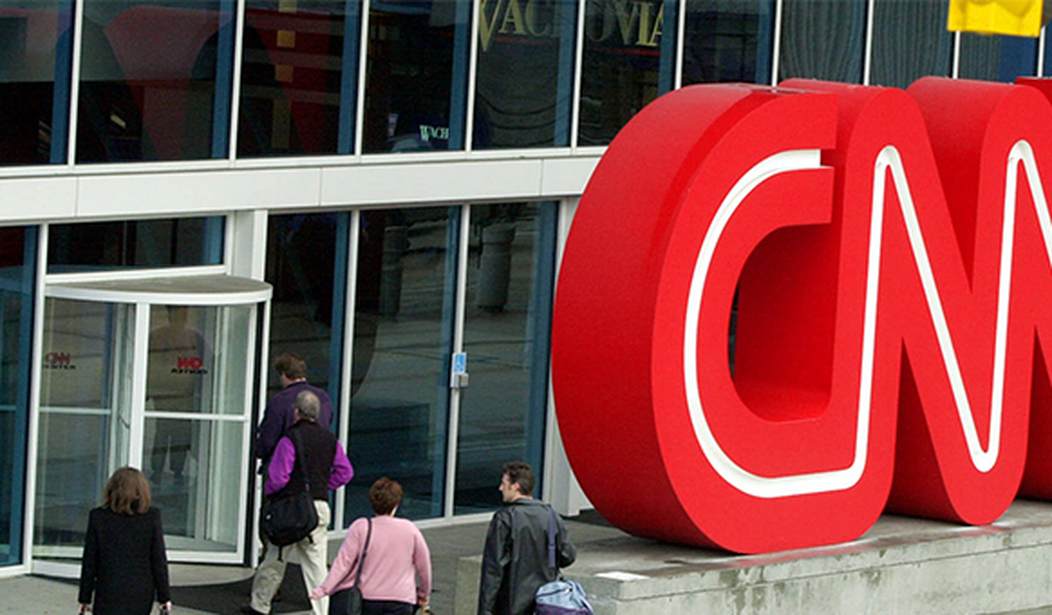Since President Trump tweeted about four freshman Congresswomen going back to their "original countries" over the weekend, the leftist media complex has been on fire and has repeatedly labeled his remarks as "racist."
A reminder of the tweets:
So interesting to see “Progressive” Democrat Congresswomen, who originally came from countries whose governments are a complete and total catastrophe, the worst, most corrupt and inept anywhere in the world (if they even have a functioning government at all), now loudly......
— Donald J. Trump (@realDonaldTrump) July 14, 2019
....and viciously telling the people of the United States, the greatest and most powerful Nation on earth, how our government is to be run. Why don’t they go back and help fix the totally broken and crime infested places from which they came. Then come back and show us how....
— Donald J. Trump (@realDonaldTrump) July 14, 2019
....it is done. These places need your help badly, you can’t leave fast enough. I’m sure that Nancy Pelosi would be very happy to quickly work out free travel arrangements!
— Donald J. Trump (@realDonaldTrump) July 14, 2019
But NPR's Vice President for Newsroom Training and Diversity is cautioning journalists about slapping opinionated labels on news coverage and says the consumer should decide what is and is not racist. He also argues the credibility of the industry is at stake:
Recommended
I understand the moral outrage behind wanting to slap this particular label on this particular president and his many incendiary utterances, but I disagree. Journalism may not have come honorably to the conclusion that dispassionate distance is a virtue. But that's the fragile line that separates the profession from the rancid, institution-debasing cesspool that is today's politics.
It is precisely because journalism is given to warm-spit phrases like "racially insensitive" and "racially charged" that we should not be in the business of moral labeling in the first place. Who decides where the line is that the president crossed? The headline writer working today who thinks it's "insensitive" or the one tomorrow who thinks it's "racist?" Were we to use my moral standards, the line for calling people and words racist in this country would have been crossed decades ago. But that's not what journalists do. We report and interview and attribute.
What's at stake is journalism's embattled claim to be the source of credible news grounded in the kind of deep, fair reporting that exposes injustice and holds powerful people to account. It may be satisfying to call the president's words, or the president himself, racist, given the attacks tweeted from his bully app and so often aimed at our profession. But at what cost?
It's already nearly impossible to separate actual journalism from the argumentative noise on the cable networks that dominate so much of public perception. There are already too many journalists dancing day and night on the line that once separated fact and judgment. When that line is finally obliterated and we sink into the cesspool beckoning us to its depths, this historically flawed, imperfect tool for revealing and routing racism will look and sound indistinguishable from the noise and become just as irrelevant.
Don't hold your breathe waiting for the real "journalists" to take his advice.
























Join the conversation as a VIP Member